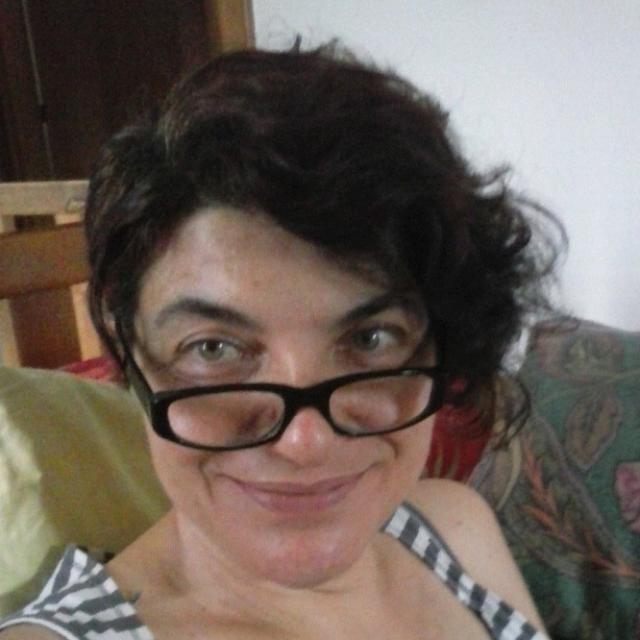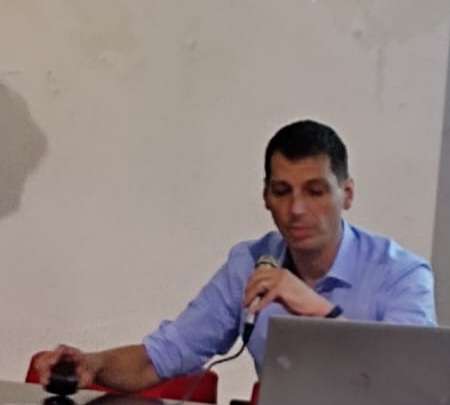Studying at the University of Verona
Here you can find information on the organisational aspects of the Programme, lecture timetables, learning activities and useful contact details for your time at the University, from enrolment to graduation.
Academic calendar
The academic calendar shows the deadlines and scheduled events that are relevant to students, teaching and technical-administrative staff of the University. Public holidays and University closures are also indicated. The academic year normally begins on 1 October each year and ends on 30 September of the following year.
Course calendar
The Academic Calendar sets out the degree programme lecture and exam timetables, as well as the relevant university closure dates..
| Period | From | To |
|---|---|---|
| 1 A | Sep 26, 2022 | Nov 5, 2022 |
| 1 B | Nov 14, 2022 | Dec 22, 2022 |
| 2 A | Feb 13, 2023 | Apr 6, 2023 |
| 2 B | Apr 12, 2023 | May 27, 2023 |
Exam calendar
Exam dates and rounds are managed by the relevant Culture and Civilisation Teaching and Student Services Unit.
To view all the exam sessions available, please use the Exam dashboard on ESSE3.
If you forgot your login details or have problems logging in, please contact the relevant IT HelpDesk, or check the login details recovery web page.
Should you have any doubts or questions, please check the Enrollment FAQs
Academic staff
 riccardo.bertolazzi@univr.it
riccardo.bertolazzi@univr.it
Study Plan
The Study Plan includes all modules, teaching and learning activities that each student will need to undertake during their time at the University.
Please select your Study Plan based on your enrollment year.
1° Year
| Modules | Credits | TAF | SSD |
|---|
3 modules among the following2 modules among the following2° Year activated in the A.Y. 2023/2024
| Modules | Credits | TAF | SSD |
|---|
2 modules among the following| Modules | Credits | TAF | SSD |
|---|
3 modules among the following2 modules among the following| Modules | Credits | TAF | SSD |
|---|
2 modules among the followingLegend | Type of training activity (TTA)
TAF (Type of Educational Activity) All courses and activities are classified into different types of educational activities, indicated by a letter.
Chronology and cultures of the Metal Age (2022/2023)
Teaching code
4S003277
Teacher
Coordinator
Credits
6
Language
Italian
Scientific Disciplinary Sector (SSD)
L-ANT/01 - PREHISTORY AND EARLY HISTORY
Period
2 A, 2 B
Prerequisites and basic notions
Prerequisites A general knowledge of the theories and methods of archaeological research is desirable, as well as knowledge of the specialist language used to describe lithic, ceramic and metal artefacts. This gap can be filled by reading the textbooks by Daniela Cocchi Genick, 2009 Prehistory, Qui Edit , ch.1 pp.11- 53 and Renato Peroni 1994 Introduction to Italian Protohistory, Laterza, pp. 62-102.
Program
Course programme
The course consists of two parts: 1) Synthesis of the main aspects of the the diffusion and establishment of the Metallurgy in the European continent, with a particular focus on the Italian peninsula; the following topics will be discussed: chronology, cultural aspects, technology, settlements, economy and symbolic behaviour; 2) close examination of Cupper Age, Bronze Age and Iron Age aspects in agreements with students.
Didactic methods
The course is articulated into lectures and seminars. The topics covered in the sessions will be supported by individual and group presentations aimed at promoting the active participation of students. Lectures can be integrated with visits to archaeological exhibitions and sites.
Bibliography
Didactic methods
The course consists of a series of lectures accompanied by specially produced teaching materials.
There will be 1 to 3 seminars with external experts who will explore individual topics in depth.
Guided visits to museums and workshops on experimental archaeology and the use of GIS will be organised.
Learning assessment procedures
The examination is an oral interview, both for Italian and English students. There will be questions concerning general topics; questions concerning some specific topics that are part of the programme; chronological and cultural definition of some archaeological items from a table of drawings/pictures. A short written paper (tesina) will be presented by the student.
Evaluation criteria
The following will be assessed
1. knowledge acquired through the course;
2. expository competence;
3. the ability to make connections and formulate autonomous judgements;
4. effective participation, if the student is attending, in the proposed workshop and teaching experiences.
Criteria for the composition of the final grade
The first part of the interview, in which the student presents an in-depth study of his/her choice, will be evaluated 15/30; the questions in the second part will be evaluated 15/30. Actual participation in the workshops and in the proposed visits and experiences, if the student is attending, and the ability to reason about them, will be a significantly positive element in the assessment.
Exam language
italiano Inglese se necessario
Type D and Type F activities
COMPETENZE TRASVERSALI
Modules not yet included
Career prospects
Module/Programme news
News for students
There you will find information, resources and services useful during your time at the University (Student’s exam record, your study plan on ESSE3, Distance Learning courses, university email account, office forms, administrative procedures, etc.). You can log into MyUnivr with your GIA login details: only in this way will you be able to receive notification of all the notices from your teachers and your secretariat via email and soon also via the Univr app.
Graduation
Linguistic training CLA
Doppio Titolo
Il doppio titolo è un programma integrato di studio attivato a seguito di una convenzione fra l’Ateneo di Ferrara e una Università straniera.Nell'ambito del corso di laurea magistrale in Quaternario, preistoria e archeologia è attivo un progetto di doppio titolo erogato in partnership con il Master “Mention Archéologie, sciences pour l’archéologie parcours Arts, Sociétés, Environnements de la Préhistoire et de la Protohistoire: Europe, Afrique” dell’Université de Toulouse Jean Jaurès (Francia)
Gli interessati potranno candidarsi al progetto come previsto dal bando di selezione.
Per ulteriori informazioni si rimanda al bando di ammissione del doppio titolo:
http://www.unife.it/interfacolta/lm.preistoria/doppio-titolo

 +39 045802 8638
+39 045802 8638



